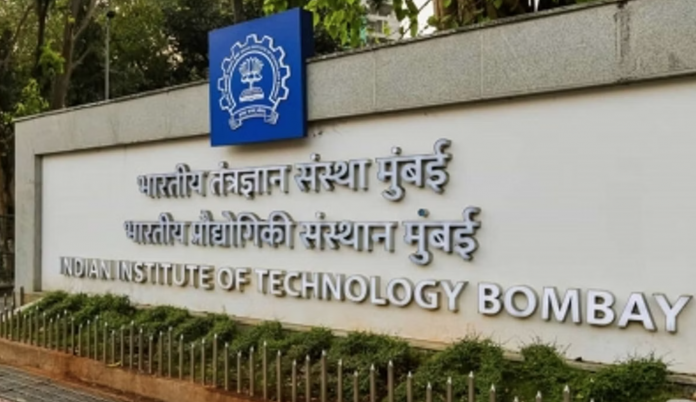Ambedkar Periyar Phule Study Circle Bombay called the incident an institutional issue, saying students from oppressed castes (SC/ST) and low-income families face immense harassment and discrimination” on the campus from students, faculties and employees.
Sana Ejaz | TwoCircles.net
MUMBAI (MAHARASHTRA) – A day after the alleged suicide of 18-year-old Dalit student Darshan Solanki of IIT-Bombay, the Ambedkar Periyar Phule Study Circle (APPSC-IITB) on Monday pointed fingers at the institution for various lapses vis-a-vis pupils hailing from non-urban areas and belonging to SC/ST categories.
Solanki, in the B.Tech. First Year Chemical Engineering course, jumped to death from the 7th floor of the hostel building in the IIT-Bombay’s Powai Campus on Sunday afternoon, after completing his first semester exams a day earlier.
In a detailed statement on social media on campus suicides, the APPSC-IIT Bombay termed it as “an institutional issue”, as students from non-urban, non-English speaking backgrounds, oppressed castes (SC/ST) and low-income families “face immense harassment and discrimination” on the campus from students, faculties and employees.
“These institutional and casual ways of casteism cause mental and psychological stress on students, but IITs lack any mechanism to help them. We have been raising the issue of the lack of mental health support for our students with the IIT administration as well as other forums like National Commission for SC/STs,” said the group.
It had raised questions on how the counselors at IIT-B are not sensitised to understand the social realities of caste that affect students from SC/ST/OBC communities, and lack of SC/ST counsellors in the Student Wellness Centre (SWC).
In the wake of Solanki’s suicide, the APPSC-IITB has demanded a review of the working of the SWC, called upon the IIT-B to address the issue of inclusivity in it, and make the centre more accessible to students coming from all backgrounds.
Recalling the September 2014 death of SC student Aniket Ambhore, 22, the APPSC-IITB said he faced derogatory comments about his academic abilities and how such an atmosphere of discrimination affects the mental state and motivation of the reserved category students – who are generally equated with lack of merit – at IIT-B.
The students group said that after sustained efforts, the SC/ST cell at IIT-B was set up in 2017, but started its student outreach only from 2022, but still lacks in many aspects like a clear mandate which hinders its appropriate status in the institute, and demanded immediate action in this regard.
The APPSC-IITB said it has been highlighting the severe lack of representation of SC/ST faculty at IIT-B whereby the students from marginalised communities continue to feel alienated in such institutions, while such unfortunate tragedies shatter the dreams of their families and communities to uplift themselves.
“How many more Darshans and Anikets need to die?” the APPSC-IITB asked, urging the IIT-B to shed apathy, probe Solanki’s death and resolve all the issues pertaining to students from SC/ST/OBCs it had raised. (With IANS inputs)
Sana Ejaz is an independent journalist from Bihar. She tweets @SanaEjaz


